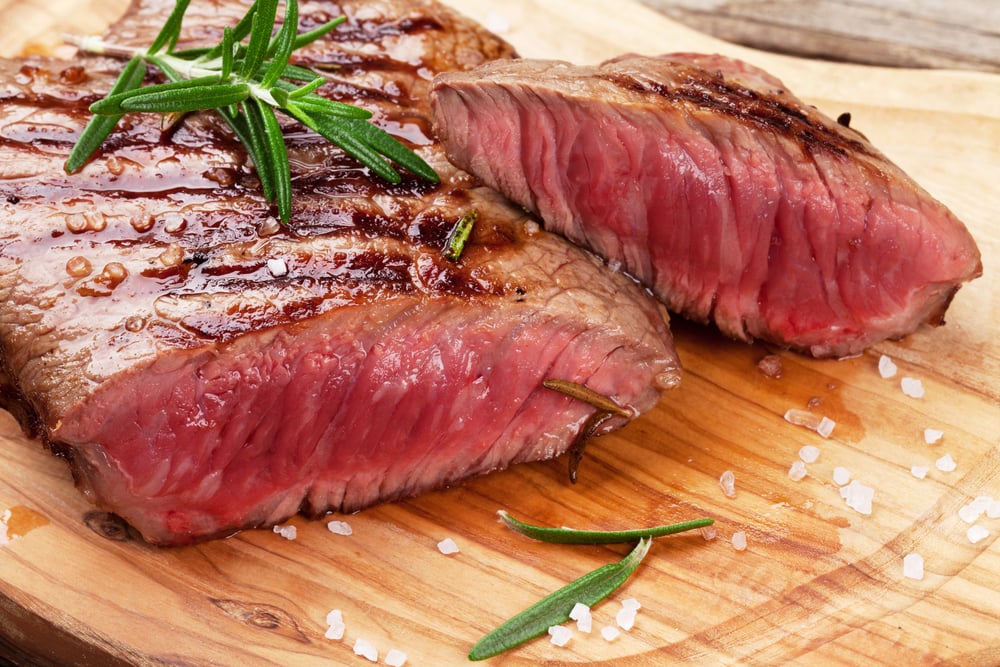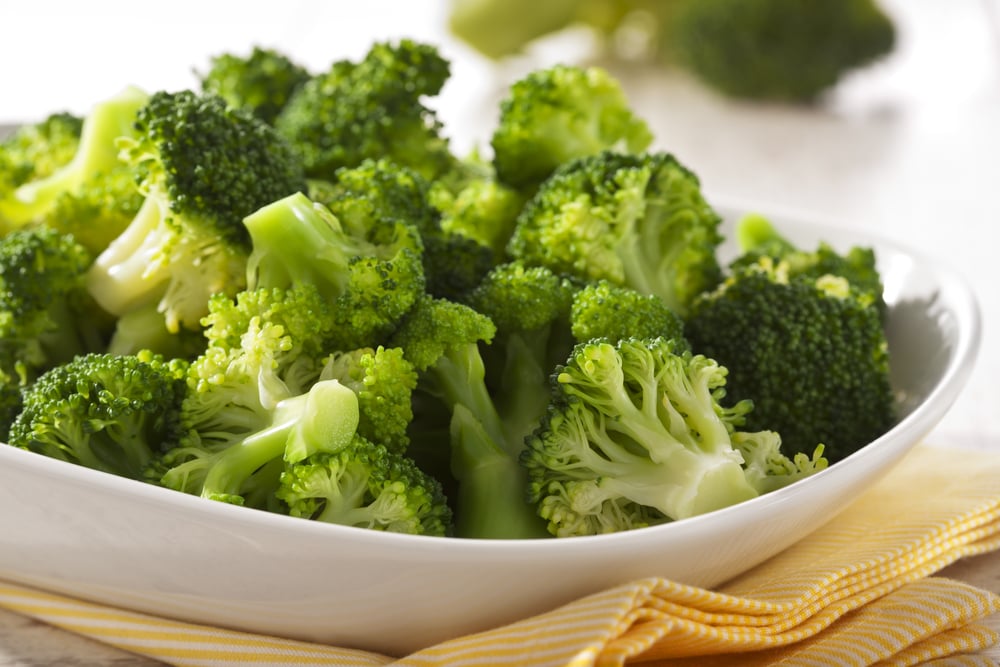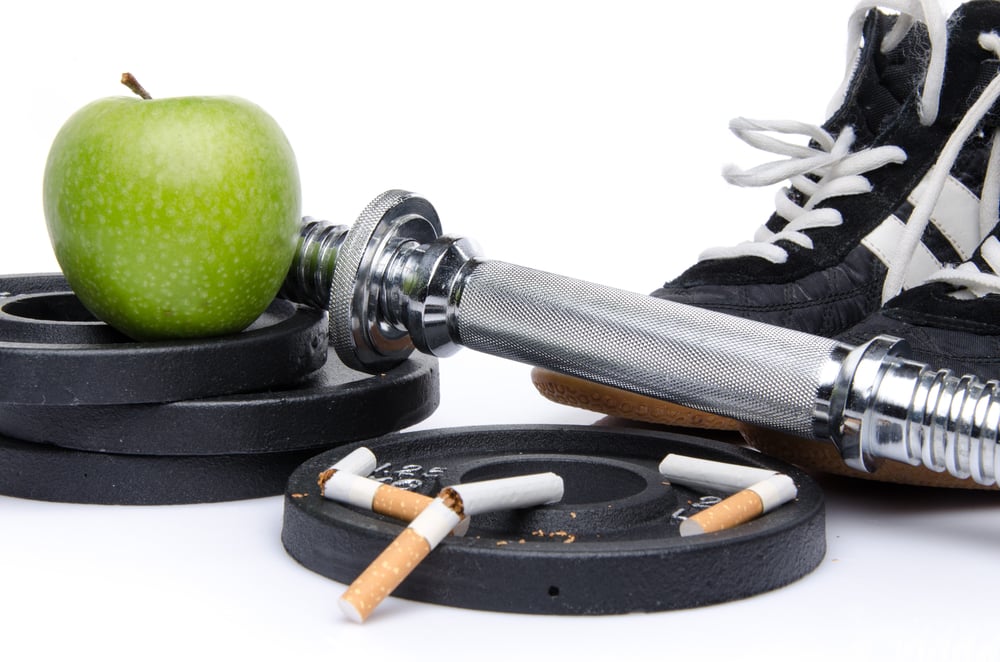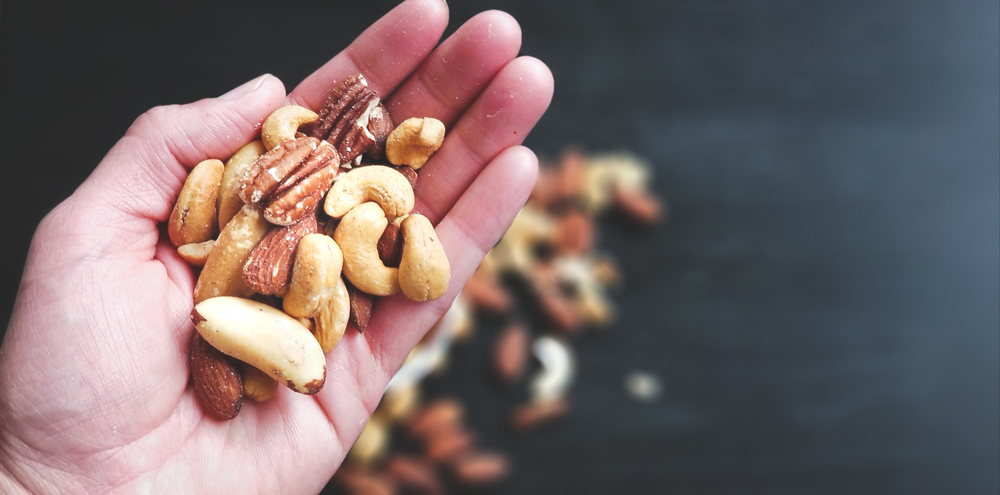You see them on the cover of health magazines and on Instagram fitness models. They are always there, sculpted, defined, tanned and taunting you. What are we talking about here? Six-pack abs! Everyone wants them, quickly and effortlessly. Abs have somehow become the symbol of peak fitness. Influencers everywhere are promising that you can get abs in as little as 3 weeks by doing a number of crunches per day. Think about it. If it were that easy, everyone would be shredded! So, how much ab training do you really need to make your abs the star of the show?
Genetics
First of all, let’s get the basics out of the way. You already have abs. Everyone has abs, just like everyone has biceps and triceps. Without abs in your core, it would be near impossible to stand up. You aren’t made up of just bones and fat. You have muscle! The problem is there is likely a layer of fat over your muscles which obscures them. Now that we know that everyone has abs, does everyone have the same muscle composition? No! Every person has a different genetic makeup and different gene expressions. Some people will never be able to achieve a six pack because they don’t have the physical separation in their lower abs, which gives them the appearance of a four pack instead. Some people who have been genetically blessed can have an eight pack. Does your genetic makeup mean that you shouldn’t even bother trying to make your abs pop? Of course not. As already mentioned, there is likely a layer of fat above your abdominal muscles. What is the most effective way to lose that fat?
Diet
Fitness influencers would have you believe that 50 crunches a day will shed your belly fat. This is simply not true, as we cannot spot reduce fat. The body will burn fat from where it wants to first based on many factors including your genetics. The tried-and-true scientific way to lose body fat is to maintain a caloric deficit through your diet. That’s right folks. Diet is the most important thing you can focus on in order to get your six-pack abs. You need to take in less calories than you burn in a day to lose weight. You want to focus on a slight caloric deficit so that it can be sustainable for you. If you usually eat 2000 calories daily and slash that budget immediately to 1200 calories a day, you are going to feel fatigued, hungry, and you’re just not going to stick to it long-term. Aim for a 300-500 daily calorie deficit and you will lose the body fat that is hiding your muscles. Ensure you are eating enough protein, as it is essential to building muscle. Aim for 1 to 1.25 grams of protein per pound of bodyweight. Hydrate well and eat healthy whole foods the majority of the time. Indulge in your favorite treats in moderation. Balance and sustainability are crucial for your diet, so find what works for you, and stick to it!
Exercise
Your abs and other muscles can be improved through consistent exercise. Increase your muscle mass by training your abs appropriately. You want to make sure you are training them twice a week through a variety of exercises. Do not stick to boring old crunches. To build up the strength and size of your abs, you can do a variety of exercises such as cable crunches, weighted sit-ups, L-sits, or ab-wheel roll outs. These are compound exercises that require a lot of strength, so try 3 sets of 6 to 8 reps. In addition to your compound strength exercise, incorporate some volume exercises in your routine. These exercises tend to be slightly easier, allowing you to complete more reps per set. Volume exercises for abs include hanging legs or knee raises, planks, Russian twists, and bicycle crunches. Aim for 3 sets of 12 to 20 reps of these volume exercises.
Consistency
If you maintain a consistent routine with your diet and exercise, your abs (and other muscles) will pop and look amazing. You can manipulate your body composition. Less body fat and more muscle will result in improved health as well as physical appearance. Make sure to keep a balanced lifestyle and not take things to the extreme. Six-pack abs do give you a bit of bragging rights but they won’t fix every problem in your life. Keep it balanced, sustainable, and healthy and you will be better off in the long run.













